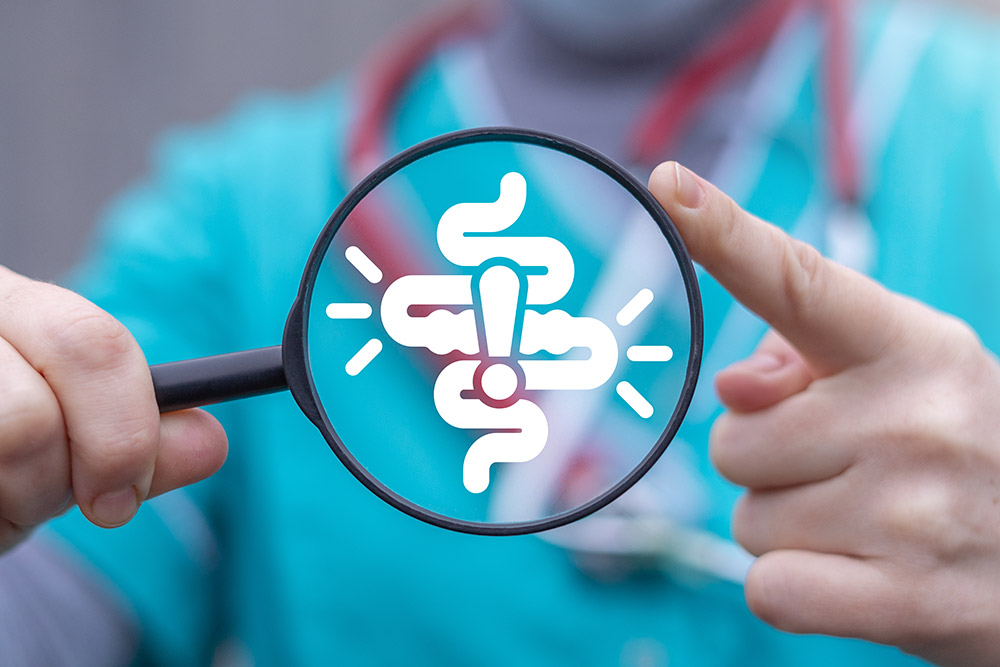
Diarrhea may attack any children, adults, even the old people. In the majority of cases it makes itself in one or two days. However, when do you call your doctor? This is a simple guide on how to understand whether your diarrhea is a serious one or not, written by Houston gastroenterologist Dr. Bharat Pothuri. We will also discuss the usual causes, special situations, and the easy way of feeling better.
Diarrhea refers to presence of loose watery stools 3 or more times in a day. It may cramp you, or give you a weak feeling or even a dizzy feeling. The average length of the bouts is one to three days. However, at times diarrhea is an indication of a greater issue.
Dr. Bharat Pothuri, as a Houston gastroenterologist, informs his patients that their gut usually speaks to them. We just need to listen.
You should keep a simple food and symptom diary 24-48 hours in the event you are not certain about the cause of your symptoms. Record your food, bathroom visits, etc. and any other indications such as fever or nausea.
Some of the frequently asked questions by patients are shown below. We describe each one in a rather informal manner.
Any type of changes to tummy can come as a result of early pregnancy. Hormone changes make the digestive process slow in some women yet accelerate it in others.
According to Dr. Pothuri stool consistency may vary due to variations in hormone levels. But diarrhea never makes a person sure of being pregnant.
It is possible to wake up with diarrhea because of a variety of reasons:
When you have frequent diarrhea in the morning, record your sleep, stress and food intake. Until 7 pm. it might help to avoid spicy or fatty foods.
The peptic ulcers tend to produce pain or indigestion in the belly. But may they also cause diarrhea?
Consult a gastroenterologist in case of chronic belly pain and diarrhea. You might require such tests as an endoscopy.
Diarrhea may go hand in hand with headaches. Common links include:
Keep fluid by taking in little doses of water or oral rehydrating salts. In case your headache is incessable, or in case you experience blurred vision, then call your doctor immediately.
The majority of symptoms of kidney stones include back pain or side pain not diarrhea. But there are those who enquire, If kidney stones give diarrhea?
A complete checkup is required in case of severe flank pain in addition to diarrhea. The appropriate imaging tests can be ordered by your Houston or Greater Houston expert.
What makes you realize that it is time to call your doctor or go to the ER? Look for these red flags.
Houston has great GI clinics which are willing to assist, says Dr. Pothuri. Do not wait until you are thirsty
| Symptom | Mild Diarrhea | Severe Diarrhea |
| Duration | 1-2 days | More than 2 days |
| Stool Frequency | 3-5 soft stools in a day | More than 6 soft stools in a day |
| Fever | None or low-grade | High-grade (more than 102oC) |
| Blood/Mucus in Stool | Rare | Common |
| Dehydration Symptoms | Thirst, slight fatigue | Dizziness, rapid heart, sunken eyes |
| When to Seek Help | Has sustained longer than 2 days | Emergency services or shock or immediately |
A majority of the mild cases of diarrhea resolve at home. Try these simple steps:
A few habits a day can help you decrease your susceptibility to diarrhea:
Majority of the diarrhea episodes resolve through easy home management. However, when you notice some red flags such as blood in your stool, high fever or any sign of dehydration, then go without wasting more time. Contact your local gastroenterologist of Houston or visit the closest ER.
We are of the opinion that all people are entitled to a quick and clear counsel when tummy ills arise at Gastrodoxs. You can contact the office of Dr. Bharat Pothuri in case you require a personalized care in Houston or the Greater Houston area. Your gut will thank you!
In adults, a majority of the cases resolve within 1-3 days. In kids, it may last up to 5 days. Ask assistance when it becomes more than that.
Yes. Irritable bowel syndrome (IBS) may be caused by stress and anxiety and result in diarrhea.
There is the spread of viral and bacterial forms. Wash hands extensively and do not share utensils and towel.
You may be dehydrated in case you are very thirsty, dizzy, or the urine is dark. Get fluids right away.
Foods that worsen diarrhea will include dairy, fatty or greasy foods, spicy foods, high fiber fruits and vegetables and caffeine.
Generally yes. Probiotics aid in replacement of gut bacteria, however, consult your gastroenterologist in Houston in case of severe symptoms.
Antibiotics loosen the stool of many. Ask your doctor to add a probiotic supplement.
You don't need to fast. Consume bland and easy foods in low quantities.
In case of diarrhea persisting beyond 24 hours, less than 3 months of age and in case of dehydration.
You had better sleep up until you are stronger. Light stretching is fine, however, no hard workouts until you are rehydrated.